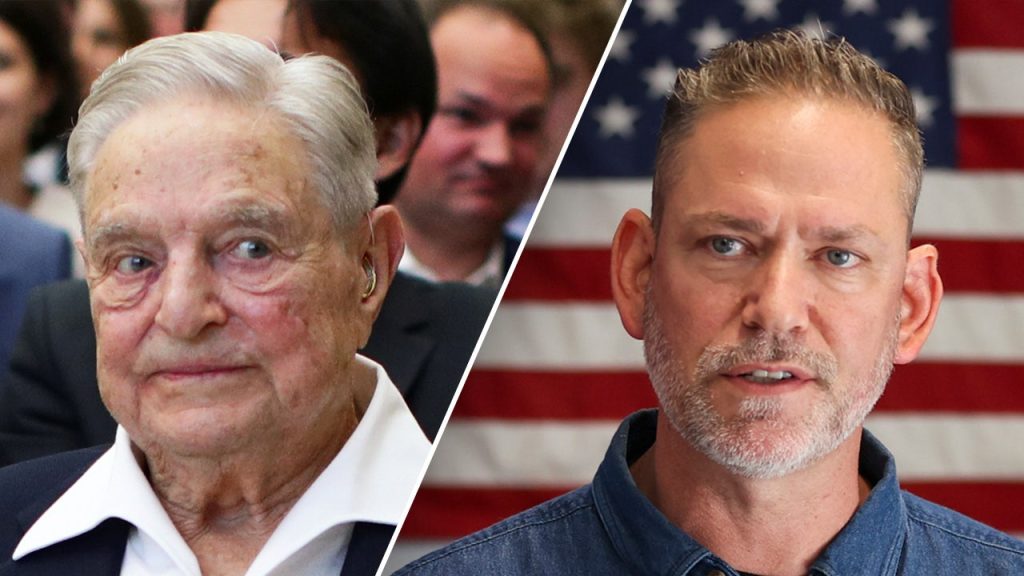A Nebraska Senate race has garnered attention as independent candidate Dan Osborn competes against Sen. Debbie Fischer. With only weeks until the election, prominent political handicappers, Cook Political Report and Sabato’s Crystal Ball, have shifted their ratings of the race from “Solid” or “Safe” Republican to “Likely Republican,” indicating increased competition. Osborn’s backing by two outside PACs, Retire Career Politicians and Nebraska Railroaders for Public Safety, has raised eyebrows due to their controversial monetary supporters. The Nebraska Senate race has been ranked alongside other competitive races involving high-profile candidates like Sen. Rick Scott and Sen. Ted Cruz.
Retire Career Politicians received significant funding from the Sixteen Thirty Fund, a dark money group that has connections to left-wing political consulting firm Arabella Advisers. The Sixteen Thirty Fund has also received backing from billionaire George Soros’s organization, the Open Society Foundations. Additionally, Nebraska Railroaders for Public Safety received a donation from the Sixteen Thirty Fund, further raising questions about the financial support behind Osborn’s campaign. Mike Helmink, the co-founder and treasurer of Nebraska Railroaders for Public Safety, explained the group’s efforts to engage a broad range of supporters, including progressive Democrats and independents, in advocating for railroad safety issues.
Sen. Debbie Fischer expressed concerns about the influx of dark money supporting Osborn’s campaign and criticized the involvement of Democrat dark money groups in backing him. The National Republican Senatorial Committee also raised issues with Osborn’s positions, labeling him as a “Bernie Sanders acolyte” with radical views on immigration and Social Security. Osborn, in contrast, has campaigned on his independence from political parties and criticized Fischer for her ties to lobbyists and special interest groups. He has emphasized his focus on representing the interests of Nebraska above all else.
Reports have surfaced suggesting that Osborn’s claim of being an independent is contradicted by his past affiliation with the Democratic Party. While Osborn maintains that he officially became an independent in 2016, questions have been raised about his political history and alignment. Despite these controversies, Osborn’s campaign has stressed his commitment to independent values and his role as a voice for laborers within the state. The lack of a Democratic candidate in the race has shifted the focus onto Osborn’s platform and background, with Fischer and her supporters highlighting potential inconsistencies in his political identity.
As the Nebraska Senate race unfolds, the competition between Osborn and Fischer is intensifying, drawing attention from political observers and voters alike. With the influence of outside PACs, dark money groups, and controversial backers looming over the campaign, both candidates are facing scrutiny over their allegiances and policy stances. Osborn’s emergence as a viable contender has disrupted the traditional dynamics of the race, challenging Fischer’s incumbency and appealing to voters looking for an alternative to established party politics. The outcome of the Nebraska Senate race will not only determine the state’s representation in the Senate but also reflect broader trends in American politics regarding independent candidates and the role of outside funding in campaigns.














